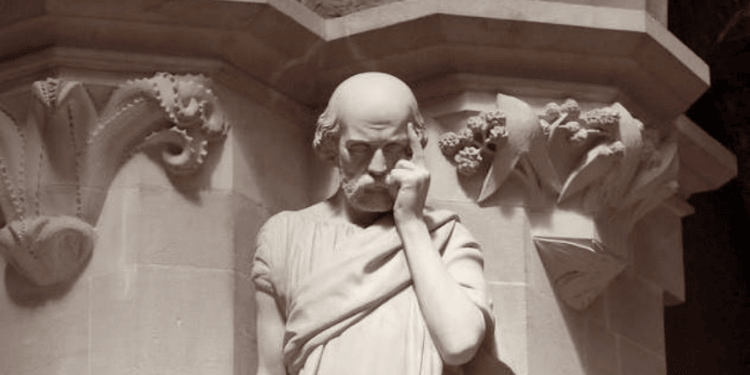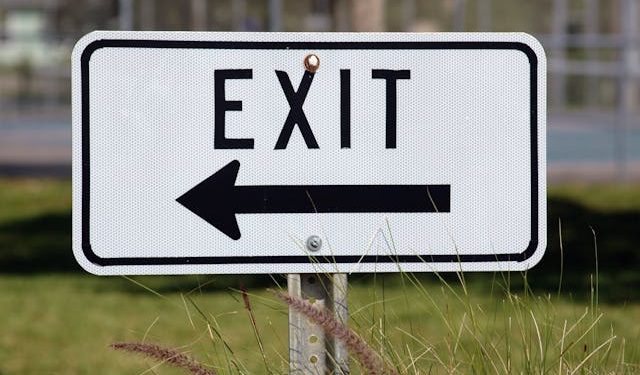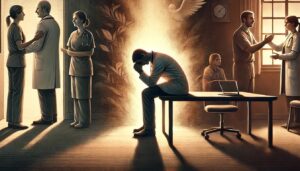
Hippocrates didn’t have email: Why ethics must evolve
Medical ethics must adapt to today’s digital world. This blog explores how technology reshapes care, privacy, and the doctor–patient relationship.

Medical ethics must adapt to today’s digital world. This blog explores how technology reshapes care, privacy, and the doctor–patient relationship.

The silent crisis of self-sacrifice reveals how neglecting our own well-being undermines true care and sustainable support for others.

Many top doctors are walking away from medicine. Learn the surprising reasons behind this shift and what it means for healthcare.

Doctors face rising burnout. Here’s how many are quietly saying “no more” and redefining balance in today’s healthcare system.

Every year, thousands of physicians quit their jobs leaving hospitals, clinics, and academic centers behind. When they go, most organizations conduct exit interviews to gather feedback on salary, workload, or management. But there’s a deeper conversation that almost never happens: the emotional exit interview. This is the chance for doctors to honestly express how their hearts have been bruised by the very profession they once loved—and for institutions to learn what truly drives physicians away.

Burnout in medicine is often described as the invisible epidemic, a silent crisis

There is clearly no quick fix to the underlying causes of moral injury in healthcare. This is not a war where a ceasefire can be declared.
So, how do we try to move from the collective moral injury experience of physicians to a systematic change in the structure of medical practice?

“Front-line”, “battle”, “the trenches”. These terms are all too familiar when talking about modern medicine. Why are we referencing war when we should be talking about healing?

The Japanese concept of Wabi Sabi beautifully captures the essence of life: appreciating the imperfect, the impermanent, and the incomplete. It reminds us to cherish the journey, with all its ups and downs – especially in medicine – instead of obsessing over destinations or goals.

Physician burnout is not a result of individual physician characteristics, but is significantly influenced by systemic factors within the healthcare system. In this blog, we will delve into the concept that physician burnout is more accurately described as an administrative or systemic disorder rather than an individual problem disorder, emphasizing the organizational, cultural, and economic factors that contribute to burnout in doctors.

In Part 2 of this series, we will look at further at the etiology of physician burnout, specifically the roles of medical training and leadership.

The epidemic of burnout among physicians and other healthcare professionals is here and it ain’t going away (yet). This article explores the key underlying causes of physician burnout and moral injury.

Physician Poetry: How To Be a Good Doctor On a Very Bad Day. The writer beautifully articulates the quiet suffering so many of us endure—the shame, the imposter syndrome of self-doubt, and the silent suffering and unnecessary isolation that comes with the weight of our responsibilities and our toxic medical system.

This poem, The Human Conundrum, explores the emptiness of consumerism and the need for deeper fulfillment through creativity, community, and connection with nature. It highlights the damage inflicted on the planet due to overconsumption while offering hope through imagination, unity, and action.

This article explores the thorny issue of physician burnout vs depression, attempting to tease out the similarities and differences.

By the time we are finished our medical training, it’s too late. We have already absorbed or been infused with years of culture, tradition, attitude, and approaches to mental health. These attitudes are towards ourselves, our colleagues, and our patients. If we are to change the culture around physician mental health, we need to start with the doctors of tomorrow. Medical schools have a key role in tackling medical student mental health. And they should start yesterday.

This article defines workplace psychological safety, the toxic triangle of unsafe workplaces, and presents 4 principles for leaders to promote psychologically safe work environments.

This article explores the concept of psychological safety in healthcare, and proposes 5 domains for safe healthcare environments.

As the new year begins, what are you going to do differently to improve your well being and happiness? In this article, we walk you through your options: change at your job, change your job, or change yourself. The latter option is made easier through Physicians Anonymous’s offerings.

In this article we explore the impact of “pajama time” and physician burnout, and propose radical solutions like: stop working at home.

In the often grueling world of medicine, physicians are revered as invincible healers—pillars of strength, wisdom, and resilience. We bear the immense responsibility of safeguarding the health and lives of others. But behind the white coats and professional facades, doctors are human too, grappling with the same vulnerabilities as anyone else.